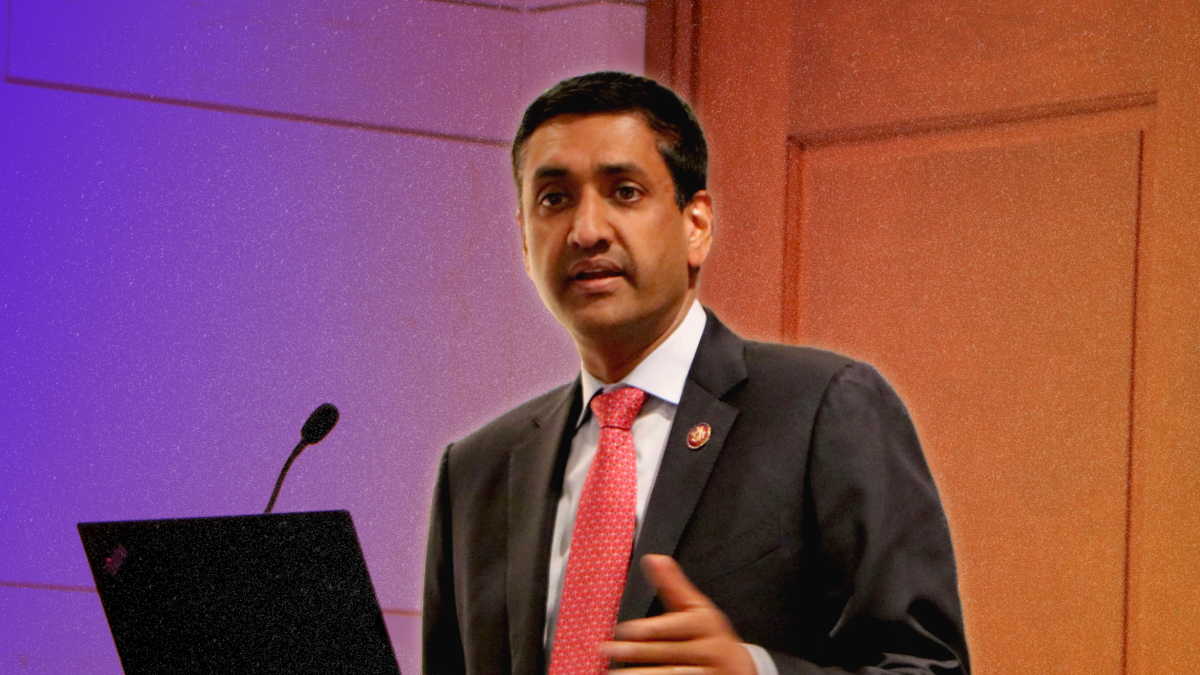
Saved by Lillian Sheng and
Twitter as a City-State

Saved by Lillian Sheng and


sari added
sari added
Keely Adler added

Keely Adler added
I will argue that the constraints on governance in online spaces have contributed to the peril of democratic politics in general. It is not enough to merely defend existing governmental institutions; healthy democracy depends on enabling creative new forms of self-governance, especially on networks.
I will argue that the constraints on governance in online spaces have contributed to the peril of democratic politics in general. It is not enough to merely defend existing governmental institutions; healthy democracy depends on enabling creative new forms of self-governance, especially on networks.